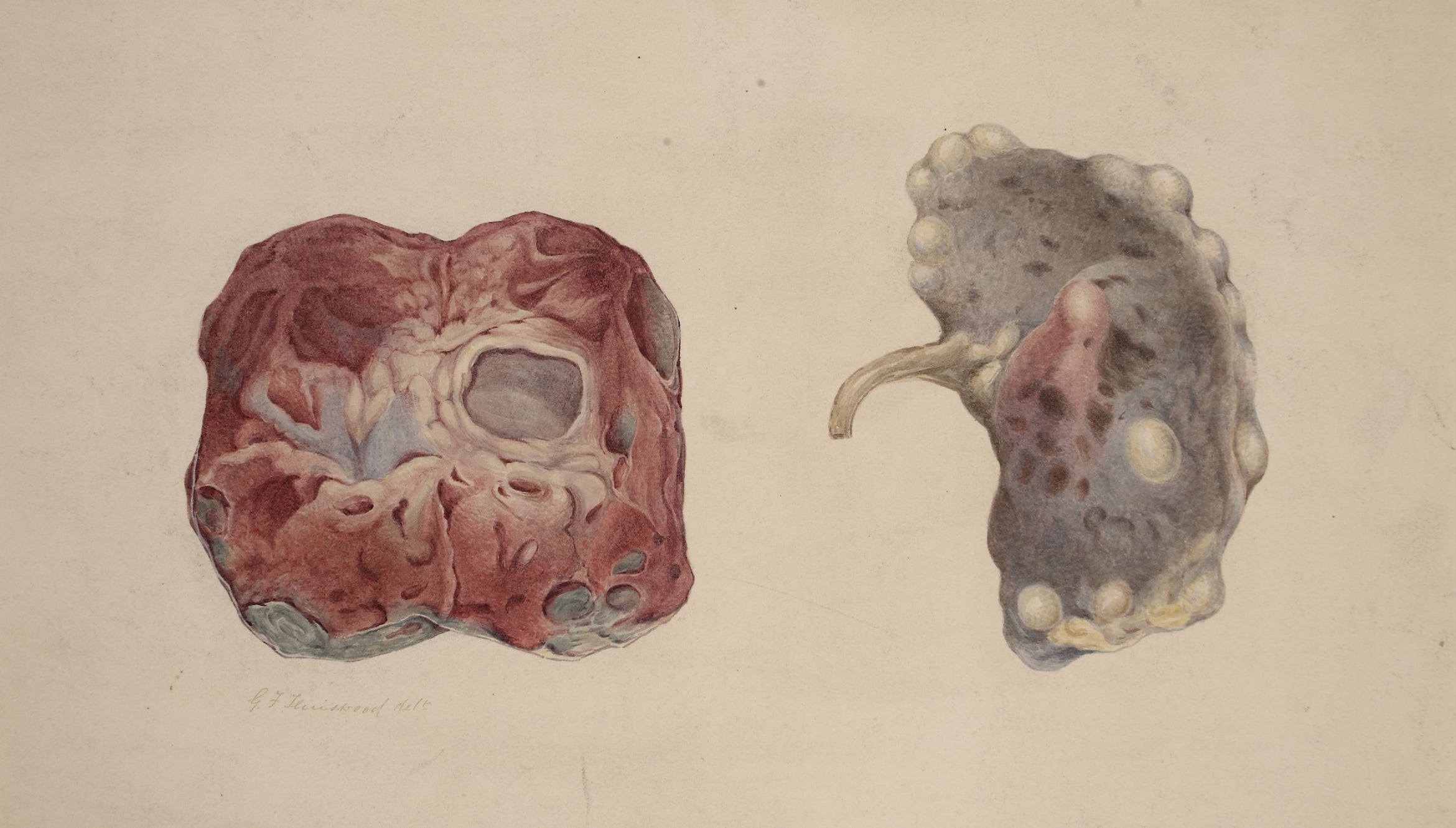People in the U.S. and the U.K. Show Strong Similarities in their Attitudes Toward Nanotechnologies, According to a New Study
The results of a new U.S.–U.K. study published in this week's journal Nature Nanotechnology show that ordinary people in both countries hold very positive views of nanotechnologies and what the future of these technologies might bring. Participants in both countries indicated a significantly higher comfort level with energy applications of nanotechnologies than with applications used in health treatments.
Nanotechnology –– the science and technology of exceptionally small materials and processes –– is among the latest new technologies to raise public concerns about health and environmental risks.
The article reports on the first study of its kind. It involved four workshops, held at the same time in Santa Barbara and Cardiff, Wales. Workshop participants deliberated about two broad types of nanotechnology applications –– energy and health.
The study was carried out in the United States by the NSF Center for Nanotechnology in Society at the University of California, Santa Barbara, and in the United Kingdom by a collaborating research team from the School of Psychology at Cardiff University.
Barbara Herr Harthorn, director of the UCSB Center, led the interdisciplinary, international research team. She noted that one of the unexpectedly strong findings of the study was that the type of nanotechnology mattered greatly to the participants. She said participants in both countries viewed energy applications of nanotechnology more positively than health technologies, in terms of risks and benefits.
"Much of the public perception research on nanotechnology in the U.S. and abroad has focused on a generic ‘nanotechnology' risk object," said Harthorn. "This work moves to a higher level of specificity and in doing so finds striking differences in views of benefit depending on application context.
"More specifically, perceived urgency of need for new energy technologies is strongly associated with high perceived benefit and lower risk perception, regardless of what materials, processes, or environmental risks are associated," she said.
Nick Pidgeon, who led the research team at the School of Psychology at Cardiff University, explained, "The Royal Society's 2004 report on nanotechnologies recommended public engagement and deliberation on nanotechnology risks and benefits. This study represents the first ever such public engagement exercise to be simultaneously conducted in two different countries."
The results include the following key findings:
- Overall participants in both countries focused on the benefits rather than the risks of nanotechnologies, and also exhibited a high degree of optimism regarding the future contribution of new technologies to society. This pattern was very similar in the workshops in both the United States and Britain.
- Some small cross-country differences were present. U.K. participants were generally more aware of recent technological controversies and risk governance failures (examples include genetically modified organisms, bovine spongiform encephalopathy (BSE), and foot and mouth disease), leading some to voice specific concerns about future nanotechnology risks.
- Greater differences were observed when participants (irrespective of their country) discussed the different applications. In particular, new technology developments for energy applications were seen as unproblematic, while questions of human health were felt to raise moral and ethical dilemmas. As was found by the U.K. Royal Society in 2004 for Britain, in the current study participants in both the U.K. and U.S. questioned whether those responsible (governments, industry, scientists) could be fully trusted to control nanotechnologies in the future.
The research was funded primarily by the National Science Foundation with additional support to Cardiff University provided by the Leverhulme Trust.
The NSF Center for Nanotechnology in Society at UCSB (www.cns.ucsb.edu) was formed in 2006, and serves as a national research and education center, a network hub among researchers and educators concerned with societal issues and nanotechnologies, and a resource base for studying these issues.
For more information,
To reach Barbara Herr Harthorn please contact Barbara S. Gilkes at
(805) 893-3995 or bgilkes@cns.ucsb.edu.
To reach Professor Nick Pidgeon please contact Victoria Dando at the Cardiff University press office: tel: +44 29 2087 9074 or dandov2@cardiff.ac.uk.
Related Links



